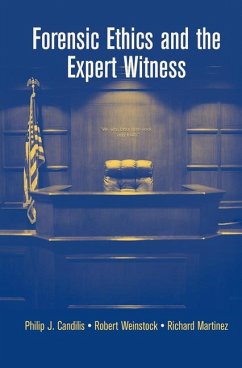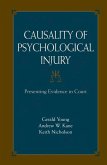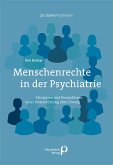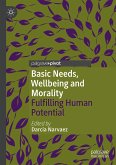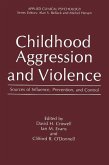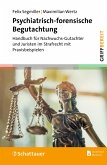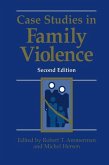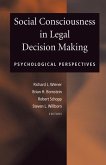Richly illustrated with cases from medicine, psychiatry, and law, this elegantly written volume examines the common moral ground that links these usually separate domains, and relates forensic ethics to larger concepts of morality and justice. In this integrative approach, the expert witness is redefined as one who can balance professional with societal and personal codes in what the authors call "robust professionalism."
Three renowned ethicists:
- Analyze ethical dilemmas expert witnesses commonly encounter in the courtroom
- Explore the thought and practice of ethical expert witnesses
- Address important questions concerning confidentiality, objectivity in testimony, and the relationship between witness and attorney
- Integrate trends in moral reasoning from other fields, from classical philosophy to social contract theory to bioethics
- Review standards of conduct from relevant professional organizations
- Apply this discussion to the most debated areas, including competence, the insanity defense, right-to-die, and death penalty cases
Forensic psychologists, psychiatrists, scientific experts who testify, as well as legal professionals will find Forensic Ethics and the Expert Witness stimulating reading that advances their fields. This book can also serve as a core text for forensic fellowships or to add depth to psychology and ethics training.
Dieser Download kann aus rechtlichen Gründen nur mit Rechnungsadresse in A, B, BG, CY, CZ, D, DK, EW, E, FIN, F, GR, HR, H, IRL, I, LT, L, LR, M, NL, PL, P, R, S, SLO, SK ausgeliefert werden.

